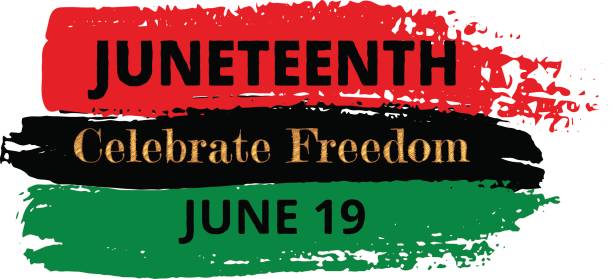
Juneteenth marks the end of slavery... and we are asked to look back upon that horrific institution that debased, exploited, and dispensed with black life. Some will say that slavery came to an end and take this chance to congratulate the United States for its emergence from slavery. But what of slavery still remains? We can point to contemporary slave labor in the US and elsewhere which, though illegal, still continues to afflict the lives of many migrants. We can look back to the debtor prisons and chain gangs of reconstruction, the decades of forced segregation, and look now at the prison system that systematically and disproportionately strips black and brown people of the constitutional rights for which they fought. Is this history not also present nearly every day in the vanquishing of black lives by police violence, the brutal reminder of a state whose practices and laws are not yet justice? In literature and in life, we have the chance to imagine the world beyond our present circumstances, to rethink what justice could be, and how a different story could be told. This is a moment for our work to reflect our times through the means and media that we have, to not let the past be effaced, and to discern its workings in the present as well as the potential for a new valuation. All lives do not matter until black lack lives matter. We reach now for that day.